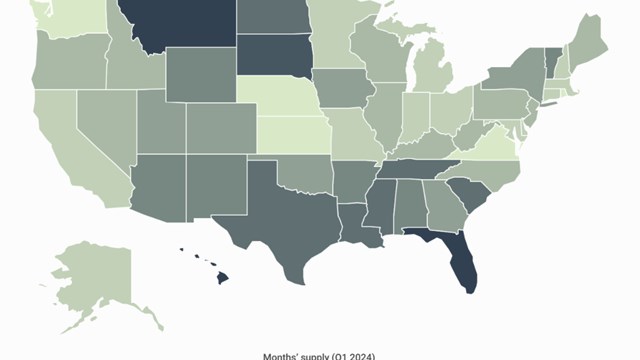Even before the arrival of COVID, the co-op and condominium markets in New York City were softening. The pandemic has only served to exacerbate the problem. Now, market forces are flying wild, with unexpected results everywhere you look. According to some reports, prices in prime neighborhoods in Manhattan are down as much as 30%. At the same time, home prices - especially for those with the former white elephant, a swimming pool - in the New York suburbs are soaring, and new condo units in the boroughs with private outdoor space are becoming more sought-after. The questions are, how long will these disruptions last - and what if anything can co-op owners and boards do to stabilize prices?
What Sets Co-ops Apart?
As most readers are aware, unlike a condominium, a co-op apartment is not real estate in the legal sense of the term; it’s ownership of shares in a cooperative corporation which owns real estate. Ownership of said shares entitles the shareholder to occupy an apartment unit within the cooperatively-owned building, governed by a board of directors and what’s called a proprietary lease. As such, the co-op board has veto power over sales of shares and transfers of proprietary leases. Like real property, co-op units do of course carry a specific dollar value. And like real property, co-op values - and hence prices - fluctuate with the market. This begs the question: can a co-op’s board act as a buffer against falling prices in order to preserve the market value of other units? Can they realistically (and legally) decline a transfer based on a lower purchase price with an eye to protecting values throughout the building?
Is it Legal?
According to Julie Schechter, a partner at Armstrong Teasdale, a law firm based in New York, “Co-op boards are allowed to reject purchasers for any reason so long as it is not discriminatory. This includes the right to reject an application due to a low purchase price. A board’s concerns about the effect a low price might have on other apartment values is justified - however, the board also has a responsibility to be fair to individual shareholders. To be fair to the shareholder selling the apartment, the board should try to determine the current market value of the apartment, and not simply decide based upon what the board believes the apartment is worth. Boards should be particularly cautious about rejecting an application due to a low purchase price in the current market, because the pandemic has had a significant effect on apartment sales prices in 2020.”
Schechter goes on to say that “The board should also consider the potential motivations a seller might have to agree to a lower price than what the board might otherwise feel is appropriate. Discounted sales happen for a variety of reasons; they often indicate an urgent situation on the part of the seller. Perhaps the sellers are scared to be in NYC during the pandemic. It could also be due to the seller’s financial situation. With so many people losing their jobs in recent months, it is possible that the sellers can no longer afford to maintain their financial obligations and need to sell immediately. Lastly, there is also the possibility that the value of the apartment has simply decreased due to the pandemic, and the [lower] offer may reflect the current value of the apartment. Regardless, the board should do its due diligence before rejecting a purchase application solely for a question of price.”
Mark Hakim, an attorney with Manhattan-based Schwartz Sladkus Reich Greenberg Atlas offers a similar view. “A co-op board cannot have a policy across-the-board of minimum sale prices. Prices, facts, and other items fluctuate, and it wouldn’t be prudent. However, nothing stops a board from rejecting a sale predicated on an inadequate sale price from time to time. We always caution our boards to be mindful of the salient facts, which certainly include the current market conditions, the physical aspect of the unit, etc. The board's discretion...would be generally protected within the business judgment rule, and sale prices throughout the building would likely be considered a legitimate business concern for the board.”
The View From the Field
Joanna Mayfield Marks, a broker with Brown Harris Stevens in their Brooklyn office, says, “I don't know if it’s legally allowed to manipulate share prices, but I know it happens! It's really helpful when the board or manager is honest about this so a buyer can potentially come up slightly in price, rather than losing their position, time, and money spent on an appraisal, loan application, and attorney retainer just because they're off by what may be a truly negligible number. For example, consider a two-bedroom that may have traded at the low $1.5 million mark in a cooperative pre-COVID; the [board] may feel that that unit trading for $1.45 million - even in a down market - is a huge drop. That $1.5 million may have been a benchmark of value to the building. That said, I have proven to a co-op board in the recent past that a disagreeable price was warranted by other comps, property condition, days on the market and the bank appraisal - and it revived the deal.”
While market fluctuations are difficult for anxious owners to absorb, particularly when they are selling their units, price drops are as normal as price increases in a free market. Overall though, the practice of a board attempting to control price fluctuations - even with the best of intentions - is probably ill-advised.










3 Comments
Leave a Comment